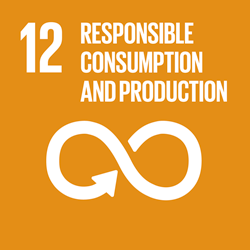Technological watch
Isolation of urease-producing bacteria and their effects on reducing Cd and Pb accumulation in lettuce ( Lactuca sativa L.)
Excess Cd and Pb in agricultural soils enter the food chain and adversely affect all organisms. Therefore, it is important to find an eco-friendly way to reduce heavy metal accumulation in vegetables. We used urea agar plates to isolate urease-producing bacteria from the rhizosphere soil of lettuce in Cd- and Pb-contaminated farmland and investigated their ability to produce urease and immobilize heavy metals. The effects of these strains on the biomass, quality, and Cd and Pb accumulation of lettuce were also studied. The results showed that two urease-producing bacteria, Enterobacter bugandensis TJ6 and Bacillus megaterium HD8, were screened from the rhizosphere soil of lettuce. They had a high ability to produce urease (44.5 mS cm?1 min?1 OD600?1 and 54.2 mS cm?1 min?1 OD600?1, respectively) and IAA (303 mg L?1 and 387 mg L?1, respectively). Compared with the control, inoculation with strains TJ6 and HD8 reduced the Cd (75.3–85.8%) and Pb (74.8–87.2%) concentrations and increased the pH (from 6.92 to 8.13–8.53) in solution. A hydroponic experiment showed that the two strains increased the biomass (31.3–55.2%), improved the quality (28.6–52.6% for the soluble protein content and 34.8–88.4% for the vitamin C (Vc) content), and reduced the Cd (25.6–68.9%) and Pb (48.7–78.8%) contents of lettuce shoots (edible tissue). In addition, strain HD8 had a greater ability than strain TJ6 to reduce lettuce Cd and Pb uptake and water-soluble Cd and Pb levels in solution. These data show that the urease-producing bacteria protect lettuce against Cd and Pb toxicity by extracellular adsorption, Cd and Pb immobilization, and increased pH. The effects of heavy metal immobilization by the two strains can guarantee vegetable safety in situ for the bioremediation of heavy metal–polluted farmland.






